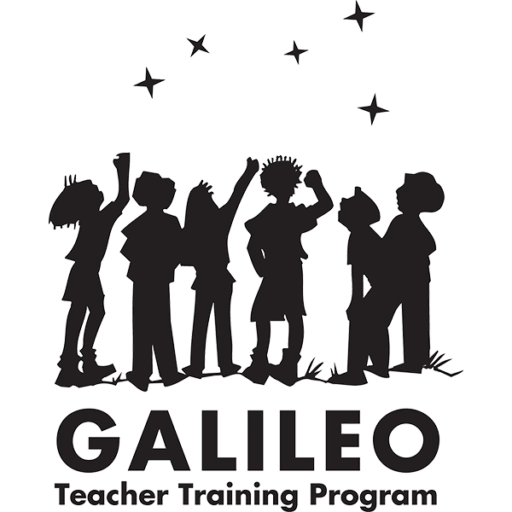This article is based on a Press Release by PETeR-IAC
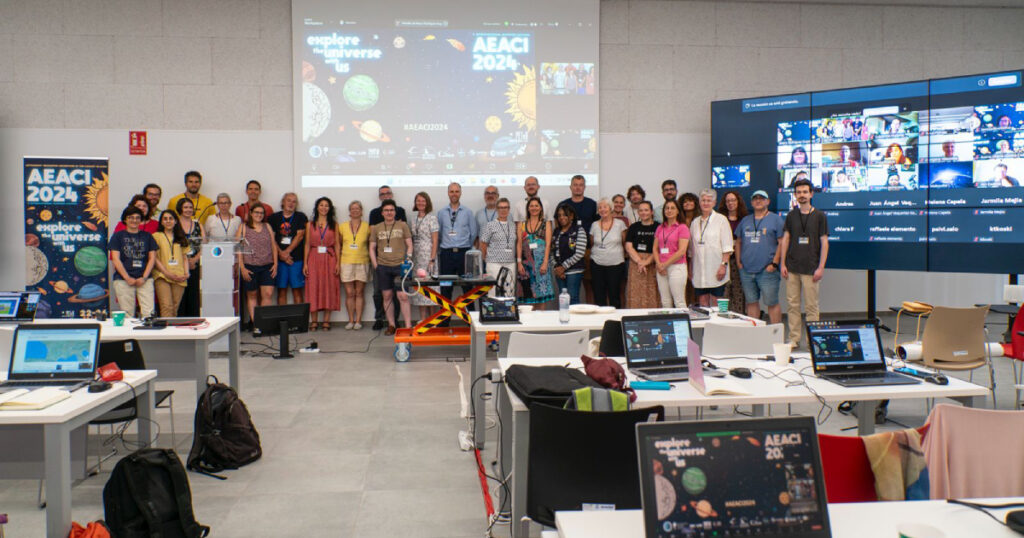
The 10th anniversary of the International School Astronomy Education Adventure in the Canary Islands was celebrated last week at the IACTEC building in La Laguna, Tenerife.
With the title “Explore the Universe with us”, the AEACI 2024, which took place from July 22 to 26, made a revision of the subjects which have been central to the previous editions, and presented new perspectives and resources linked to the curricula of Primary and Secondary Education. The commemorative edition was a unique educational experience integrating astronomy into the fields of science, technology, engineering, the arts and mathematics (STEAM) and was attended by 65 teachers from 23 countries (on-site and online). Over its ten editions, the AEACI has given training in the teaching of astronomy to more than 600 teachers from all over the world.
The AEACI 2024 was inaugurated by Valentín Martinez Pillet, director of the IAC – Instituto de Astrofísica de Canarias , who stressed the importance of collaboration between scientific and educational institutions. “For the IAC this type of events is fundamental because they connect us with the educational community at international level. By reaching out to schools with research we are sowing the seeds of curiosity and knowledge. Events like this are essential to inspire the new generations to explore the exciting world of research, and to build a more scientifically informed society.”
During the 32 hours of training, participants became familiar with the use of robotic telescopes to carry out research projects with their students, gained access to resources and laboratories online to practice with real astronomical data, learned about innovative science education projects, and visited the IAC facilities and the Canary Islands Observatories, where they could observe the stars under one of the best skies in the world. In addition, they learned directly from IAC personnel about the latest advances in research on asteroids, binary systems containing black holes, and neutron stars, supernovae and exoplanets.
“Our objective is that those attending the course will be able to take their knowledge and their acquired tools, and also methodology of active leaning, and appply these to their teaching. This will allow them to bring research and exploration of the universe to their students in a practical and stimulating way” explained Nayra Rodríguez Eugenio, Director of the AEACI.
The international character of the school, which is always taught in English, aims at giving the participants an excellent opportunity to set up links with teachers in other countries, which will favour future collaborations for developing educational projects together, and exchange schemes.
The feedback from the teachers who participated in this edition was very good, with many of them saying that it has been an experience that changed their lives!
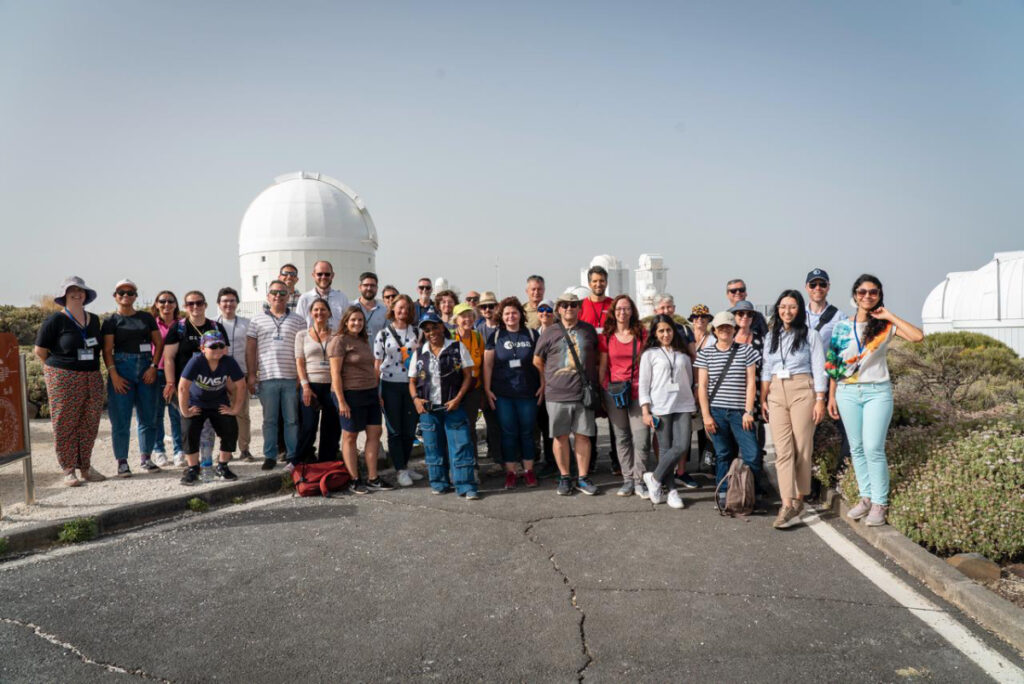
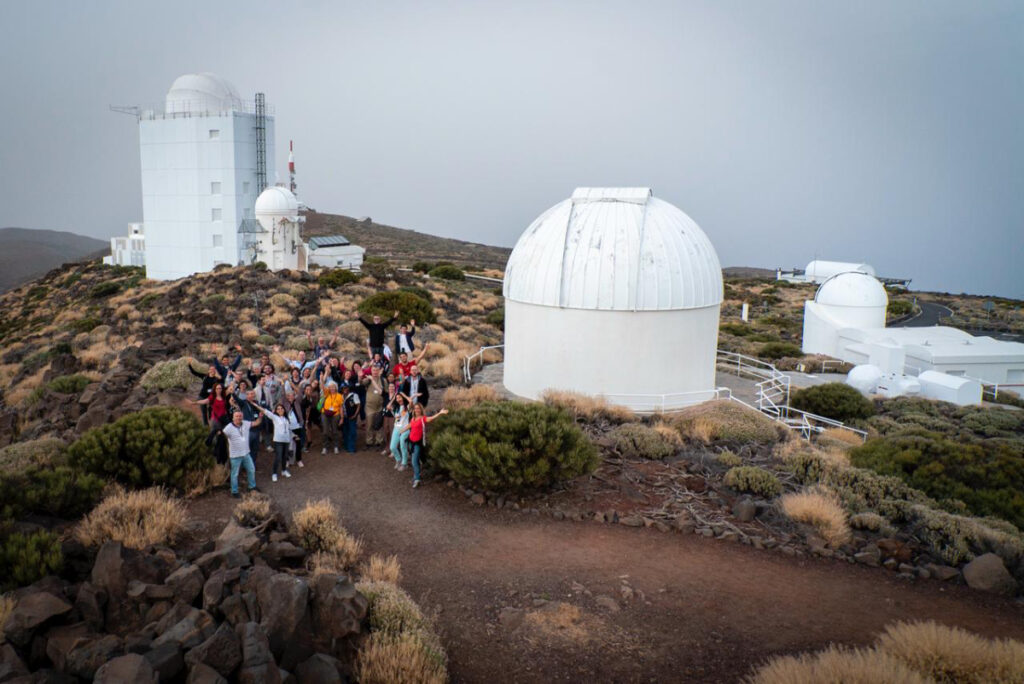
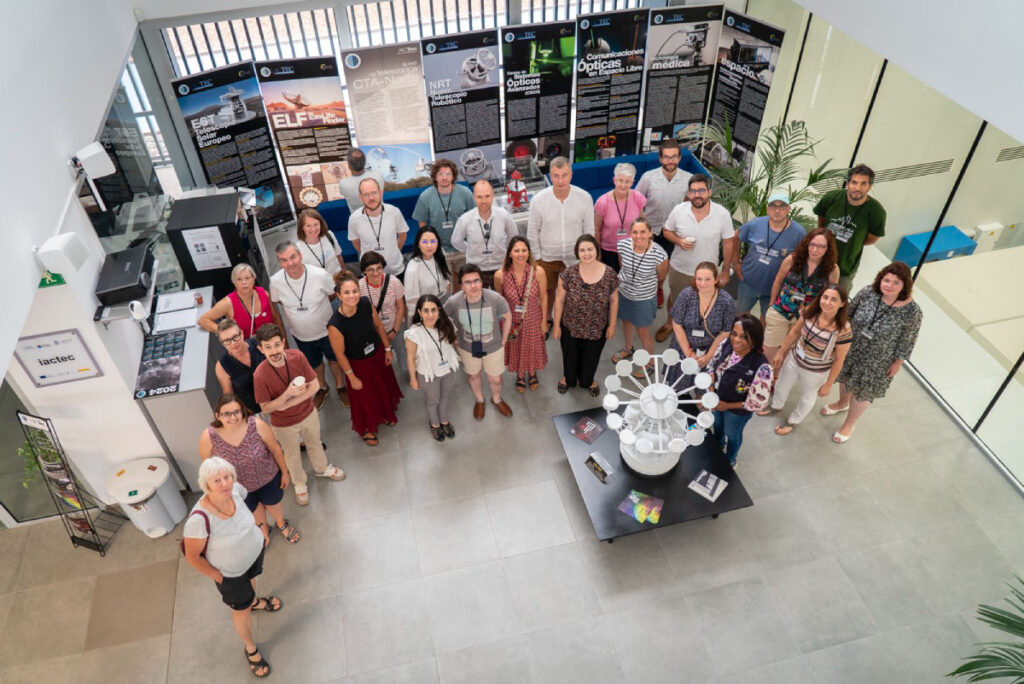
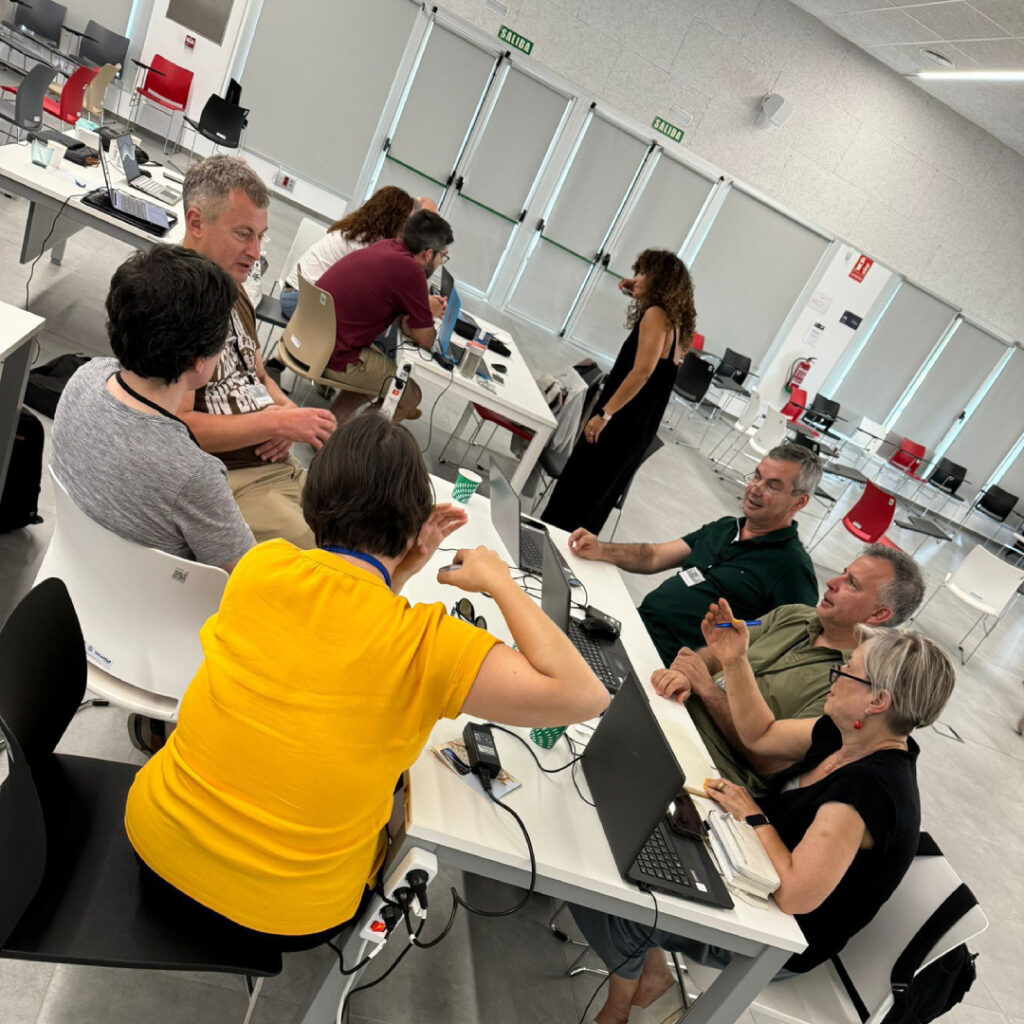
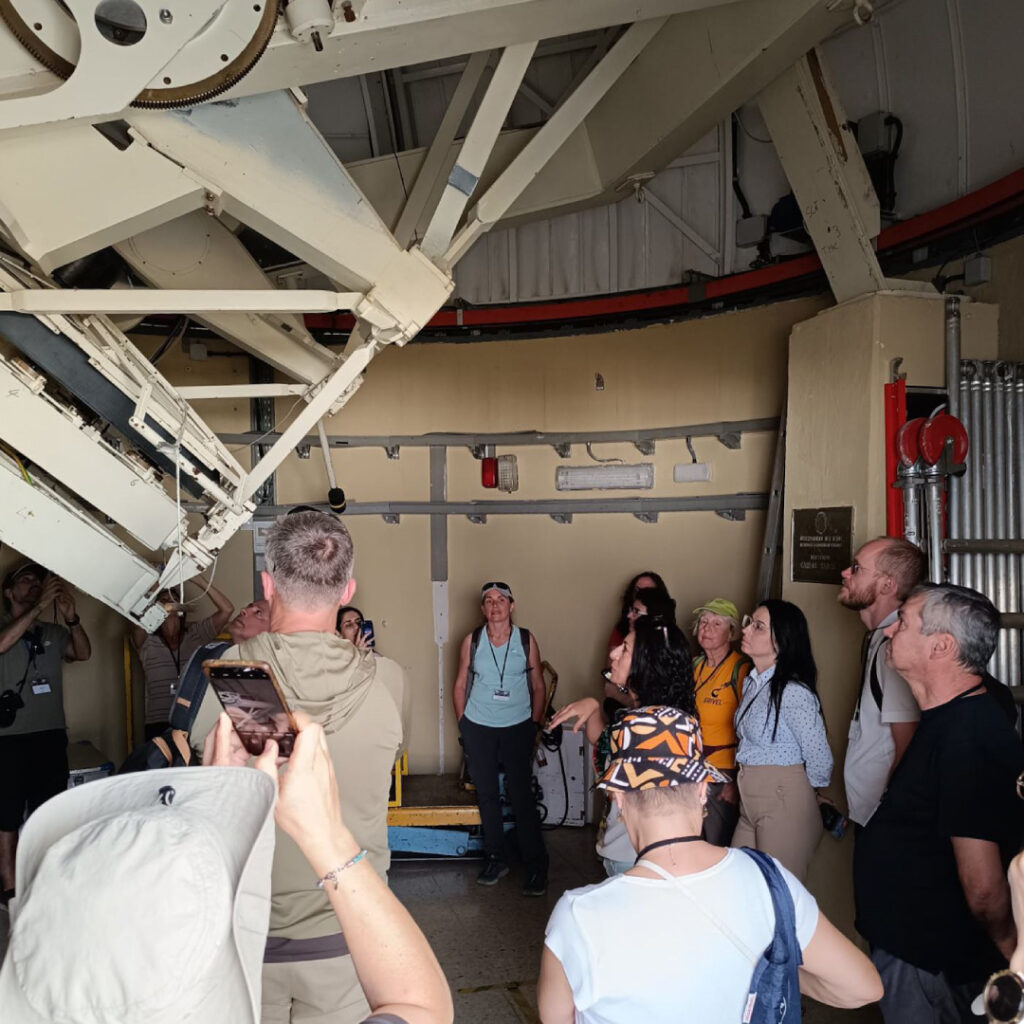
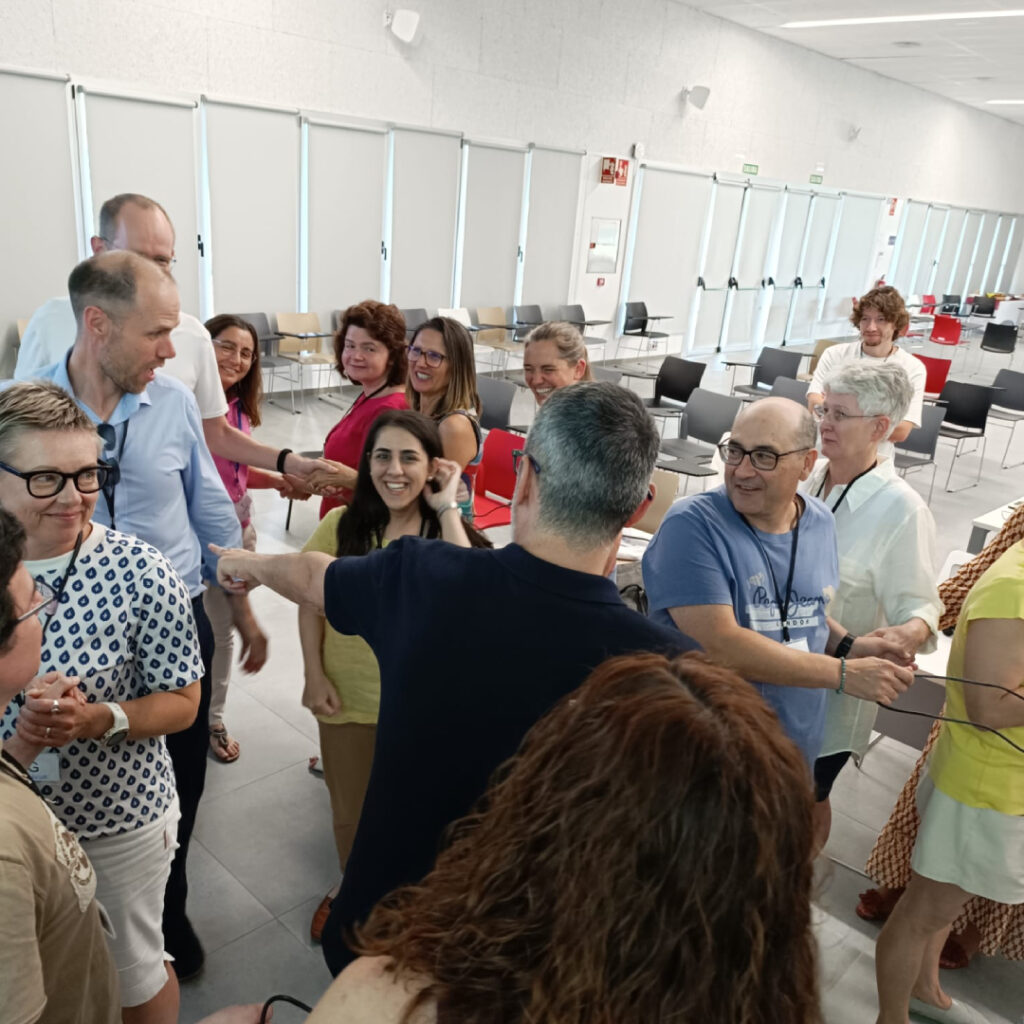
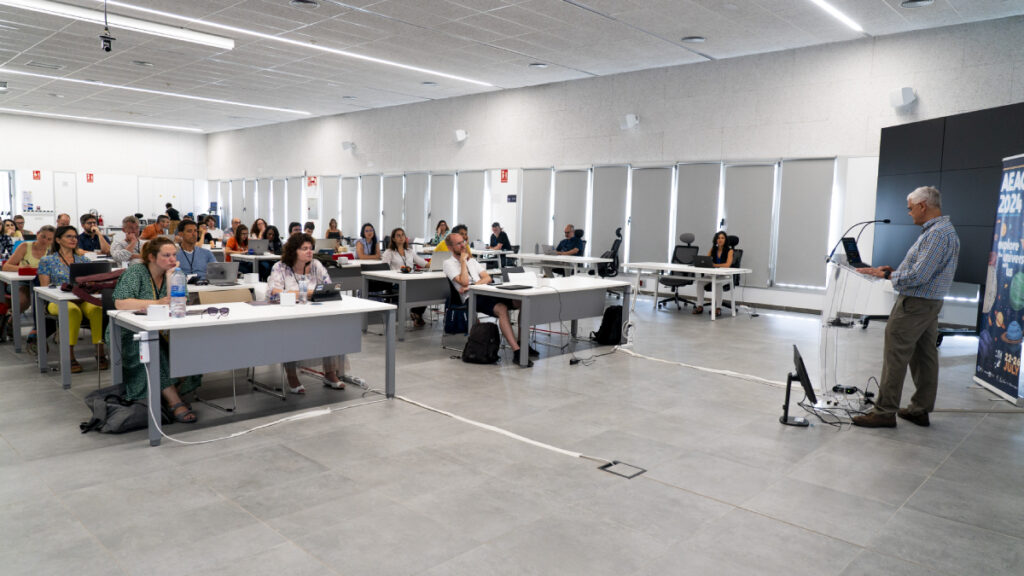
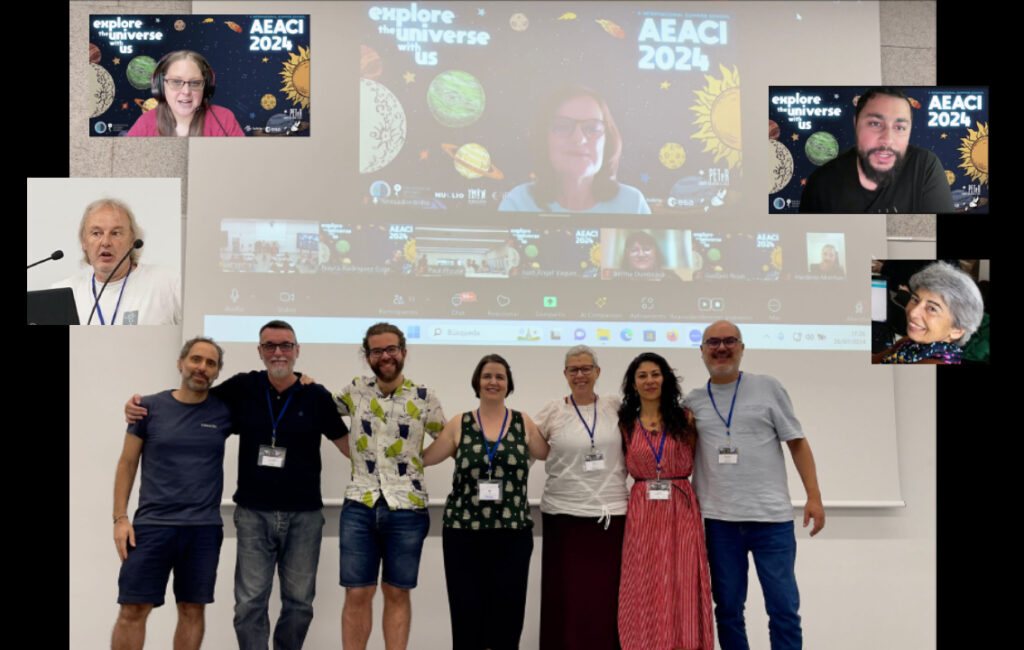
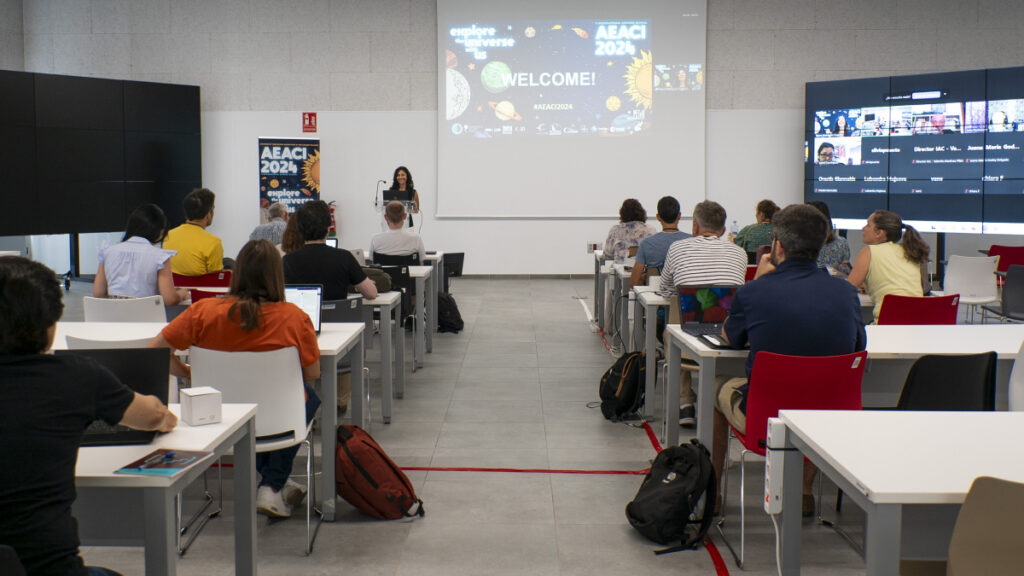
The school was partly funded by the IAC’s Scientific Communication and Culture Unit (UC3) and was part of its Proyecto Educativo con Telescopios Robóticos – PETeR and the worldwide project GTTP – Galileo Teacher Training Program.
It was carried out by the IAC – Instituto de Astrofísica de Canarias in collaboration with NUCLIO – Núcleo Interativo de Astronomia e Inovação em Educação (Portugal) which is the coordinator of the GTTP; the Faulkes Telescope Project (United Kingdom); The Schools’ Observatory (United Kingdom); the educational initiative CesaR – Cooperation through Education in Science and Astronomy Research (ESA, ISDEFE e INTA; España); and the projects New Robotic Telescope (IAC), CosmoLAB (IAC, Cabildo de Tenerife) and Planet Change (IAC, European Commission), all of them designed to promote interest in STEAM subjects, and scientific/technological careers via Astronomy and related areas. The school was also organized in partnership with the European School Innovation Academy (ESIA) and the Erasmus+ projects EXPLORE (Expeditionary Program for Learning OppoRtunities in Analog Space Exploration), StAnD (Students As planetary Defenders), Discovery Space, SYNAPSES, GEO-Academy and CliC-PoLiT (all of them innovative educational projects in which NUCLIO takes part).
